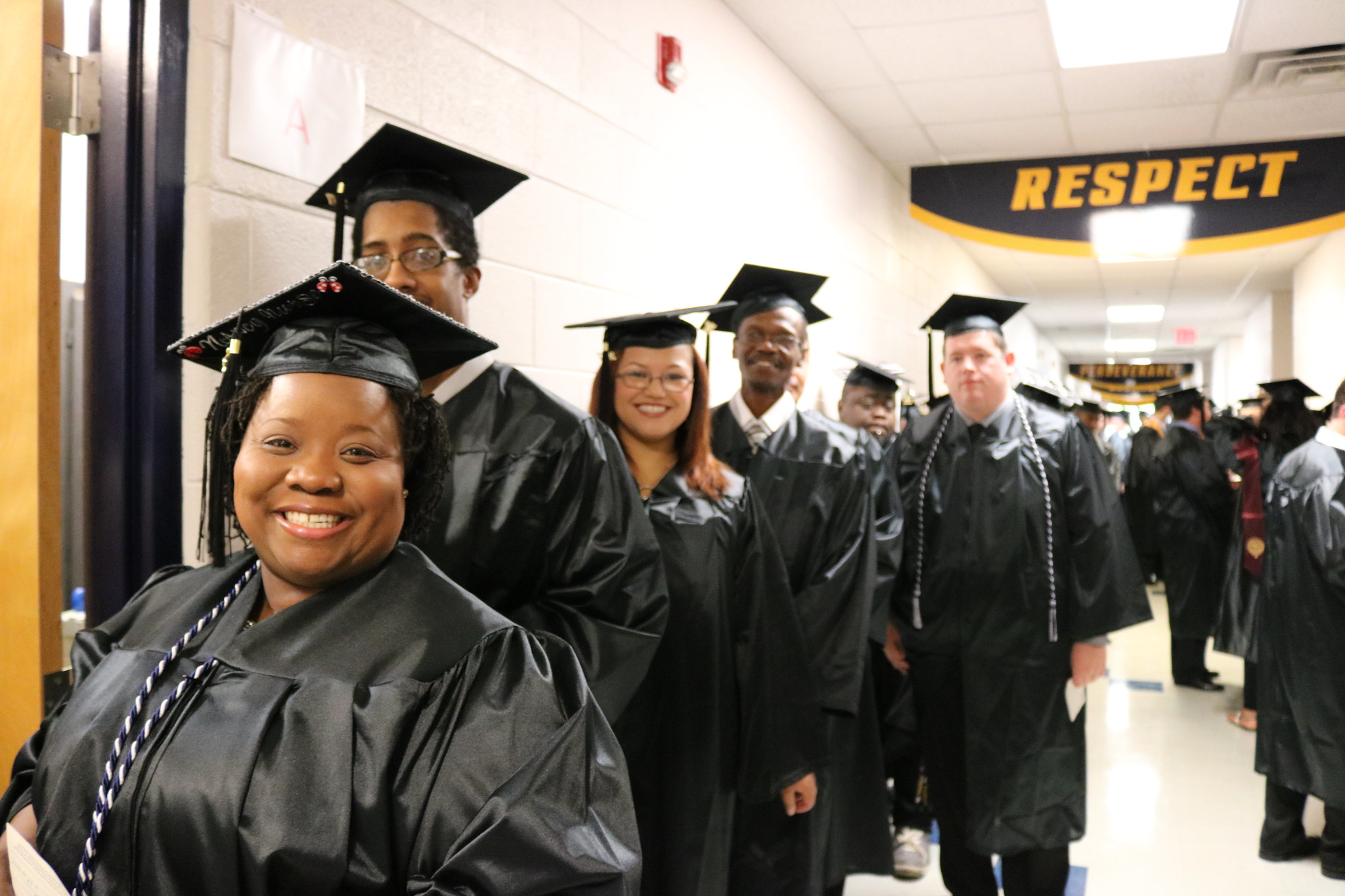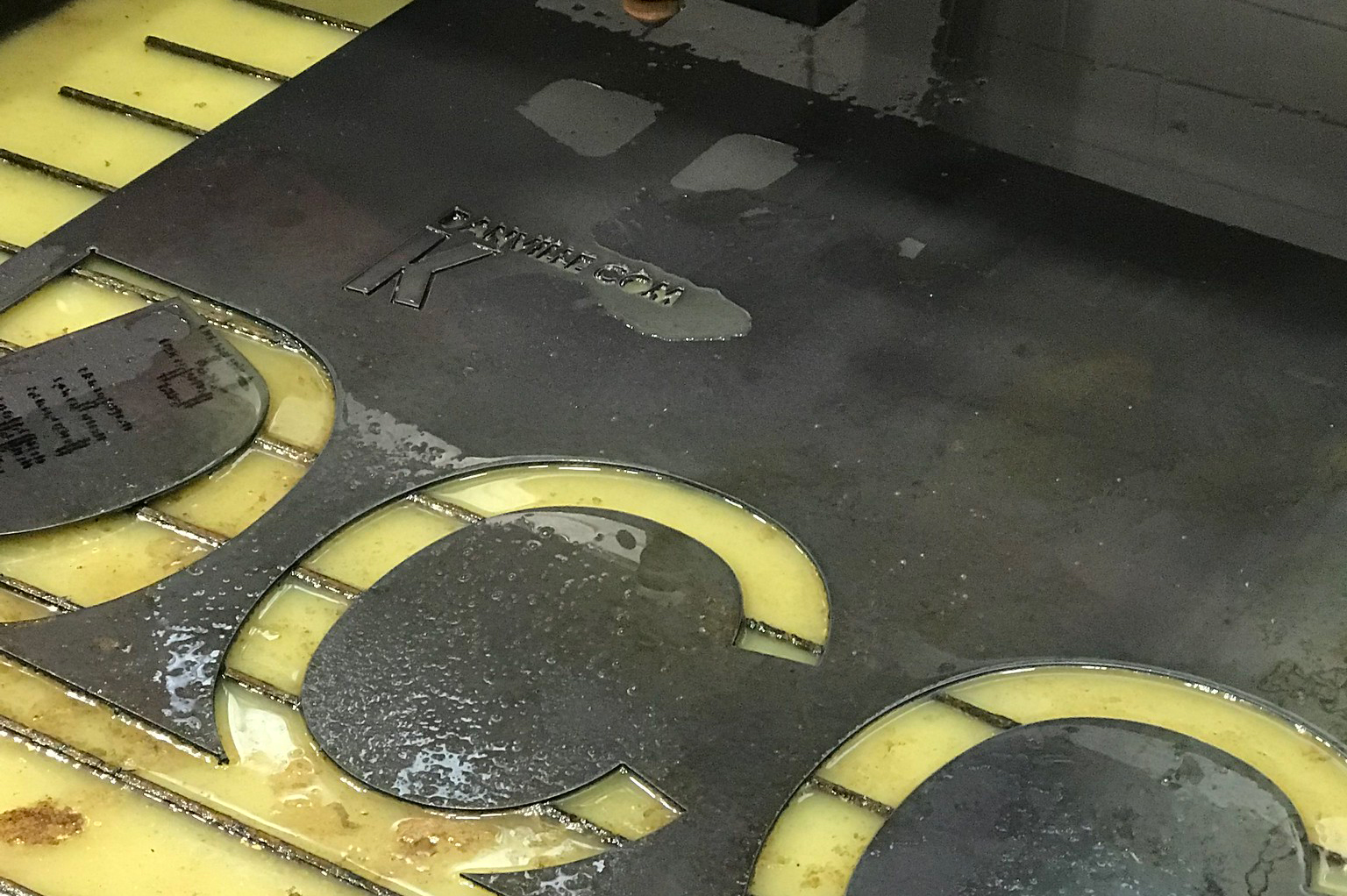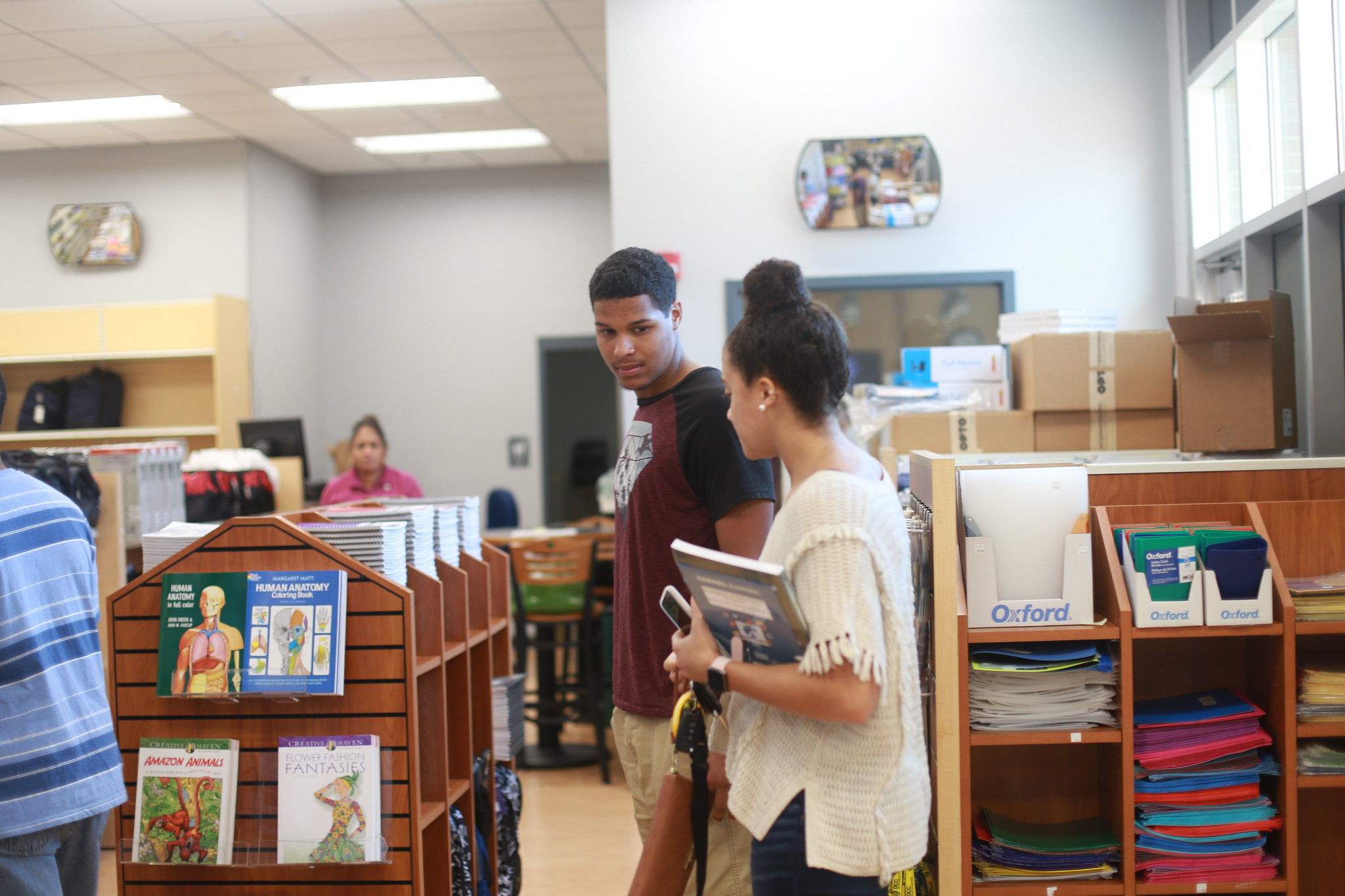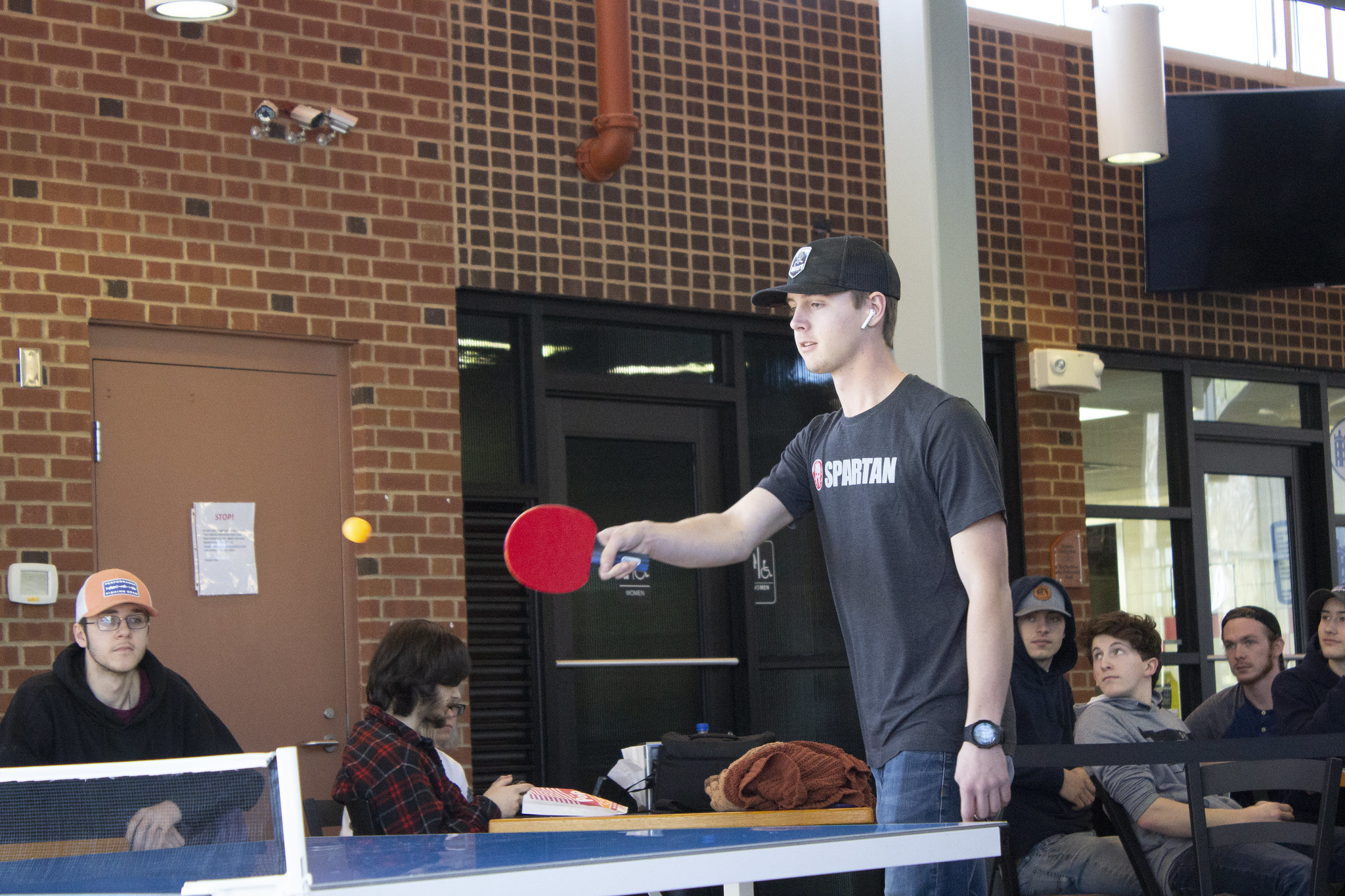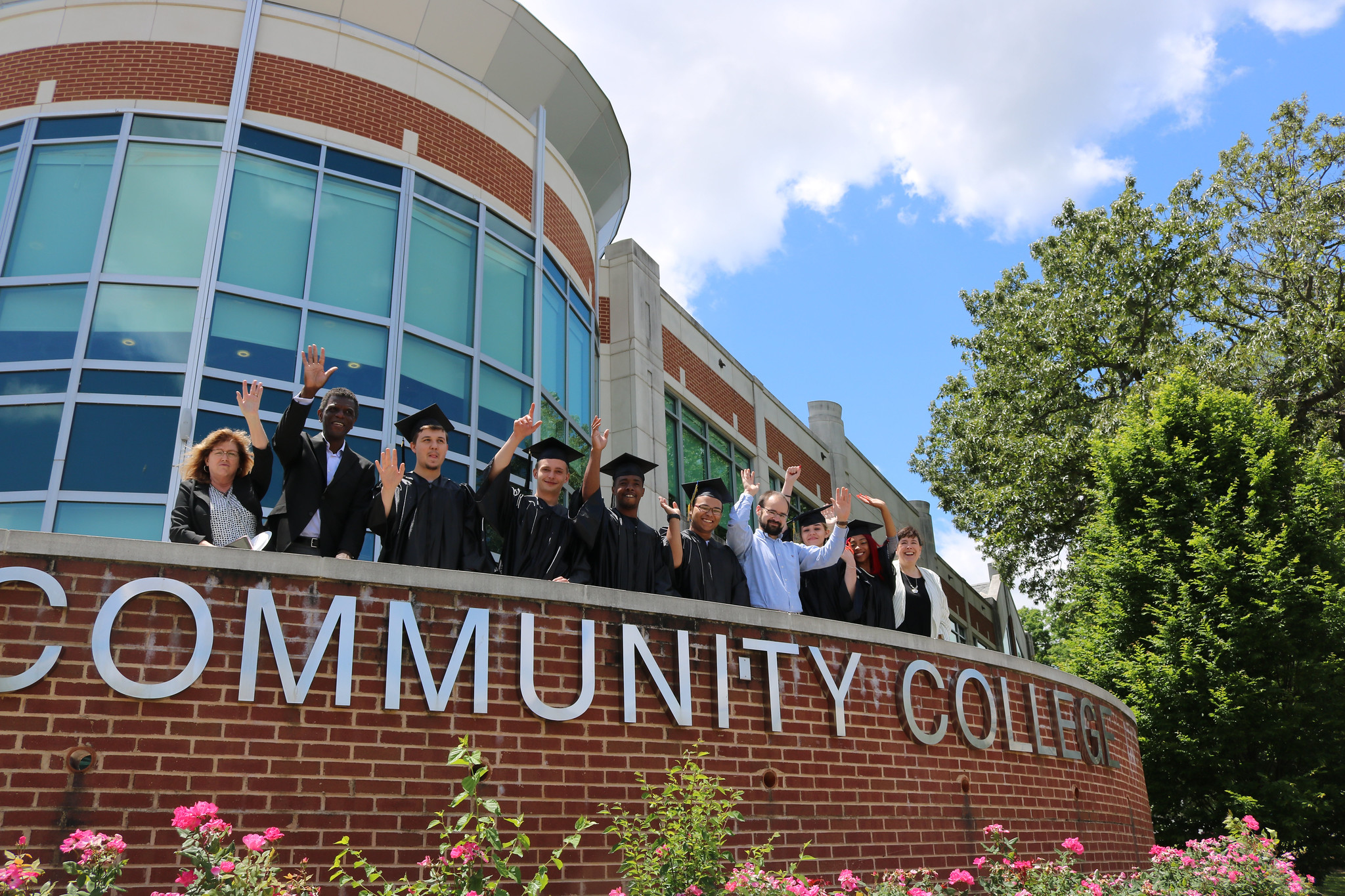Length
A full-time student may complete the program in two years.
Purpose
The Precision Machining Technology program is designed to train persons for employment in the many occupations available in industrial manufacturing shops.
Occupational Objectives
The following occupational titles represent examples of possible employment opportunities:
- Machine Tool Operator
- Machinist
- Mold Maker
- Shop Manager
- Tool and Die Maker
Admission Requirements
Entry into this curriculum may be attained by meeting the general admission requirements established for the College. If you meet the general admission requirements, a counselor will discuss with you the strengths and weaknesses of your academic background and your strengths and weaknesses as revealed by an appropriate placement test. You may correct any deficiencies in academic preparation in the College’s Developmental Studies program.
Contact
Kevin Poole
434-797-8580
Joe Distad
434-797-8486
Program Description
The Precision Machining Technology program provides training in basic machine shop operations, materials, and manufacturing processes. You will receive theoretical and practical experiences in the care and use of tools, care and use of machines, working to proper tolerances, technical drafting, computer numerical control programming, CAD-CAM training, metallurgy, tool making, jig and fixture design, precision measurements, and the development of leadership qualities. The program contains general education courses to assist you in social and business communications and to prepare you to be a leader and team player in high-tech manufacturing industries.
Program Requirements
To receive a Diploma in Precision Machining Technology you must complete a minimum of 80 credits with a grade point average of 2.00 or better. The credits are distributed according to the following outline. This outline represents a typical order of courses taken by full-time day students. Part-time students may take courses in any desired sequence, except for hyphenated courses or others requiring prerequisites.
| First Semester | Lecture Hours | Lab Hours | Course Credits | |
|---|---|---|---|---|
| CAD 120 | Intro to Graphic Repres. | 2 | 3 | 3 |
| ENG 131 | Technical Report Writing I | 3 | 0 | 3 |
| MAC 101 | Machine Shop I | 5 | 9 | 8 |
| MTH 103 | Basic Tech. Math I | 3 | 0 | 3 |
| SDV 100 | College Success Skills | 1 | 0 | 1 |
| Total | 14 | 12 | 18 |
| Second Semester | Lecture Hours | Lab Hours | Course Credits | |
|---|---|---|---|---|
| DRF 160 | Mach. Blueprint Reading | 3 | 0 | 3 |
| MAC 102 | Machine Shop II | 4 | 9 | 7 |
| MAC 121 | Numerical Control I | 1 | 2 | 2 |
| MTH 104 | Basic Tech. Math. II | 3 | 0 | 3 |
| ITE 116 | Survey of Computer Software Applications | 2 | 0 | 2 |
| SAF 130 | Shop Safety | 1 | 0 | 1 |
| Total | 14 | 11 | 18 |
| Summer Term | Lecture Hours | Lab Hours | Course Credits | |
|---|---|---|---|---|
| MAC 221 | Adv. Machine Tool Operations I | 4 | 9 | 7 |
| MAC 127 | Advanced CNC Programming | 3 | 0 | 3 |
| Total | 7 | 9 | 10 |
| Third Semester | Lecture Hours | Lab Hours | Course Credits | |
|---|---|---|---|---|
| ECO 100 | Survey of Economics | 3 | 0 | 3 |
| MAC 209 | Standards, Measurements and Calc. | 3 | 0 | 3 |
| MAC 122 | Numerical Control II | 1 | 2 | 2 |
| MAC 222 | Adv. Machine Tool Operations II | 4 | 9 | 7 |
| MAC 134 | CMM Operation and Programming | 1 | 2 | 2 |
| Total | 12 | 13 | 17 |
| Fourth Semester | Lecture Hours | Lab Hours | Course Credits | |
|---|---|---|---|---|
| MAC 128 | CNC Programming | 2 | 0 | 2 |
| MAC 123 | Numerical Control III | 1 | 2 | 2 |
| MAC 150 | Intro. to Computer-Aided Manufacturing | 2 | 3 | 3 |
| MAC 223 | Adv. Machine Tool Operations III | 4 | 9 | 7 |
| CST 100 | Principles of Public Speaking or Approved Substitute | 3 | 0 | 3 |
| Total | 12 | 14 | 17 |
Total Minimum Credits for a Diploma in Precision Machining Technology: 80


